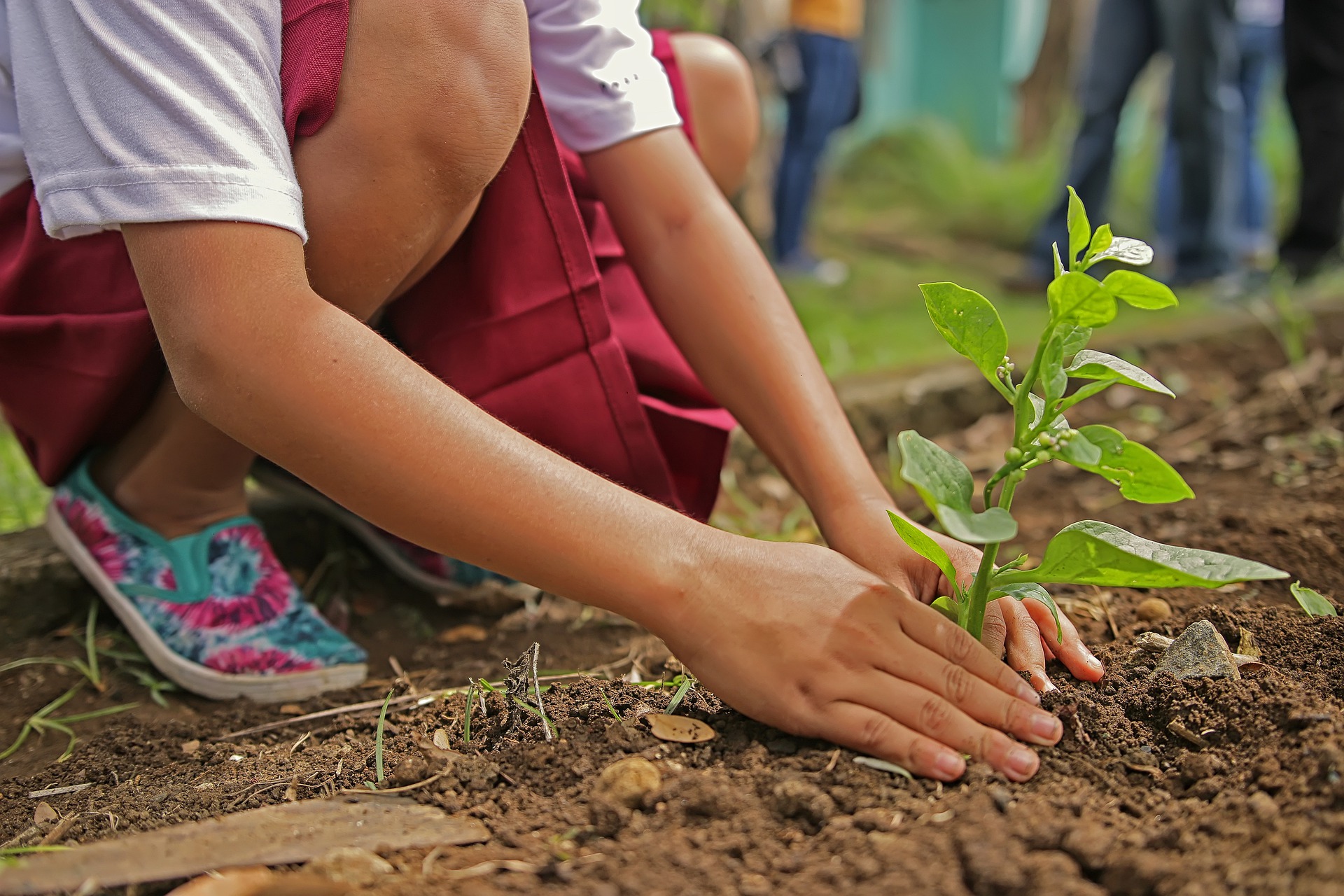While Labour Weekend is traditionally the time to start planting summer vegetable plants, we can start planting in early October. Daylight saving has begun therefore giving us more time in the garden. The temperatures have started to rise increasing growth rates of everything in the garden including the lawns.
Vegetables
Once you have prepared your garden beds you can start planting your seedlings for the summer crops when available in your garden centres. Plant out all the longer growing and hardy vegetables such as main crop potatoes, carrots, beetroot, onions, lettuce, peas and lots of salad
greens. Another sowing of broccoli before the arrival of the white butterfly. Try covering the brassicas that you have planted to prevent infestation. Beans – dwarf, climbing and scarlet runner – Early sowings can be made.
Cabbages, parsnips and celery – Sow seedlings in well cultivated and fertilised soil. Cucumbers, zucchini, melons and pumpkin – Containers grown seeds can now be planted out from the middle of the month. Provide well composted cultivated soil and mulch once planted. Eggplants, capsicum, tomatoes can be planted out towards the end of October once the soil warms. Garlic – Regular careful cultivation is required with the addition of a side dressing of a balanced fertiliser. New herbs planted now will establish in readiness for summer picking.
Try parsley, sage, rosemary, thyme, rocket, marjoram, dill and chives. Herbs are so good to have in the garden to incorporate into our meals and provide additional nutrition. Remember to incorporate plenty of compost, blood and bone and sheep pellets prior to new planting. This will give your new seedlings a head start. Vegetables ready for harvest – Asparagus, broad beans, cabbage,
carrots, cauliflower, leeks, lettuce, onion (spring), peas, potatoes,
rhubarb, silverbeet, spinach and kale. Seeds to sow – Beans, cabbage, lettuce, spring onions, peas, radishes, silverbeet, spinach and zucchini.
Flower Garden
Bulbs and Perennials – Daffodils, jonquils and many others can be left undisturbed to naturalise in permanent growing positions. Where there is overcrowding, they can be lifted later in the season and replanted in Autumn.
Remove all late winter, spring flowering annuals and add to the
compost. Dig in fresh compost, blood and bone and sheep pellets before planting your summer flowering annuals.
Roses – Earliest blooms start to appear. Bushes start to make rapid growth and constant watch must be kept so that protective measures may be taken at first sign of pest (aphids) and diseases.
Fruits
Citrus – Fruits of most varieties will now have reached full maturity although tangelos will still improve if left on the tree until next month. Fertilise all fruit trees starting in early October.
Passionfruit – Plant out young vines. A hot north facing sunny position is best suited to their growth. Strawberries – These are starting to flower well and the growth rate is increasing.
Lawns
Rapid spring growth necessitates more frequent mowing.
Compost Heap
Stimulate rapid breakdown of compost by adding additional garden lime and nitrogen fertiliser.
Enjoy your garden.
– Ngatea Garden Circle




